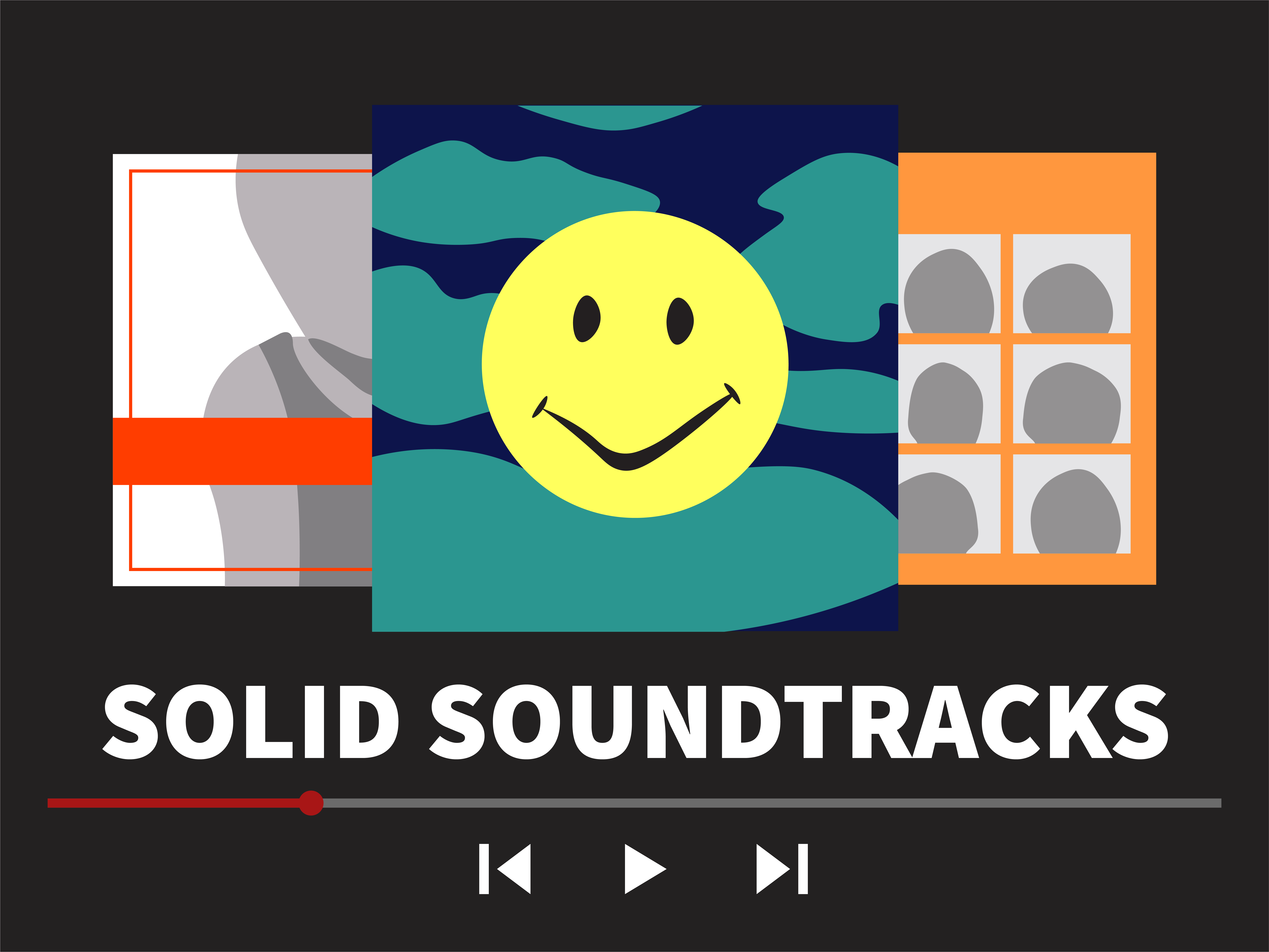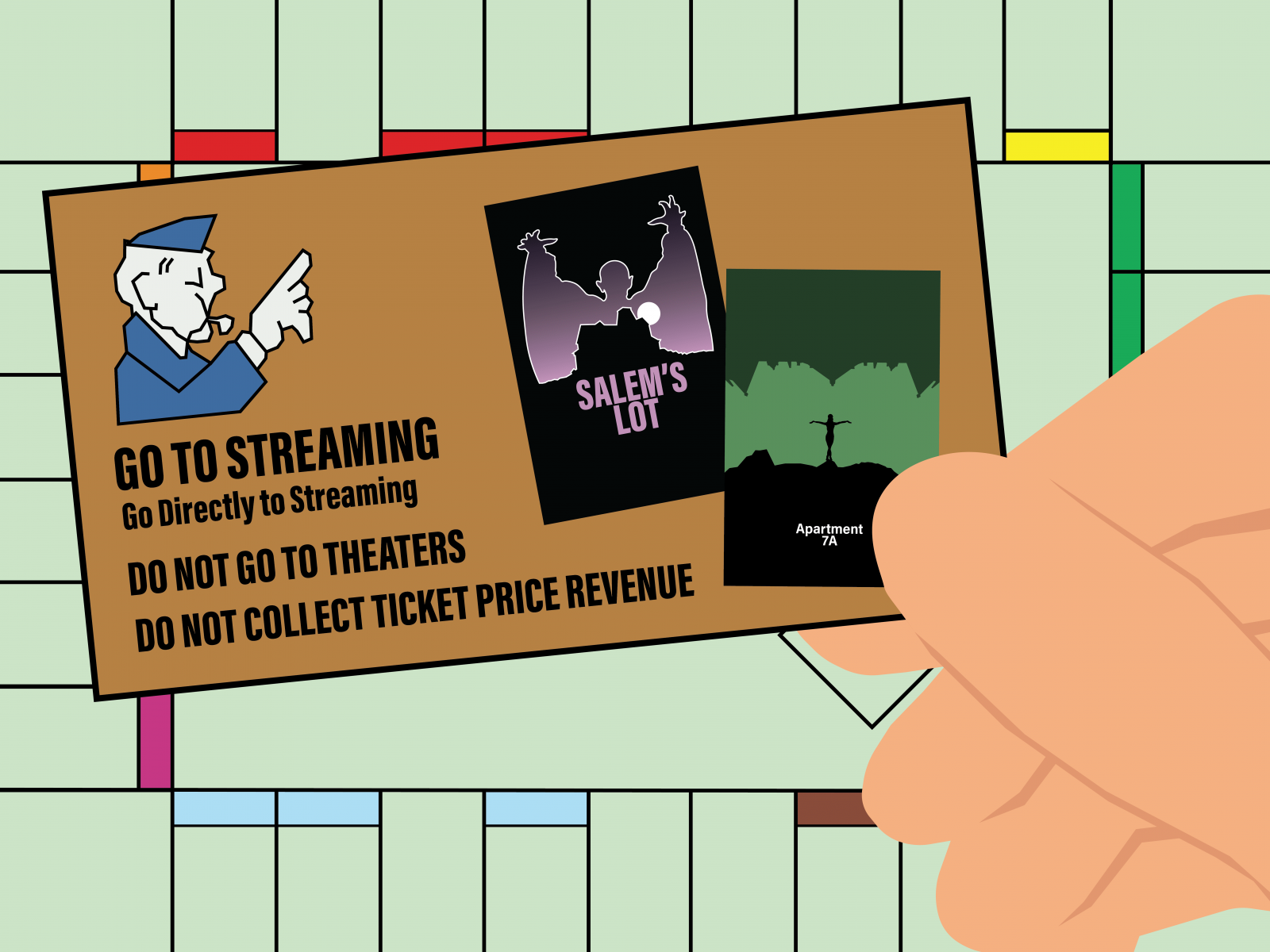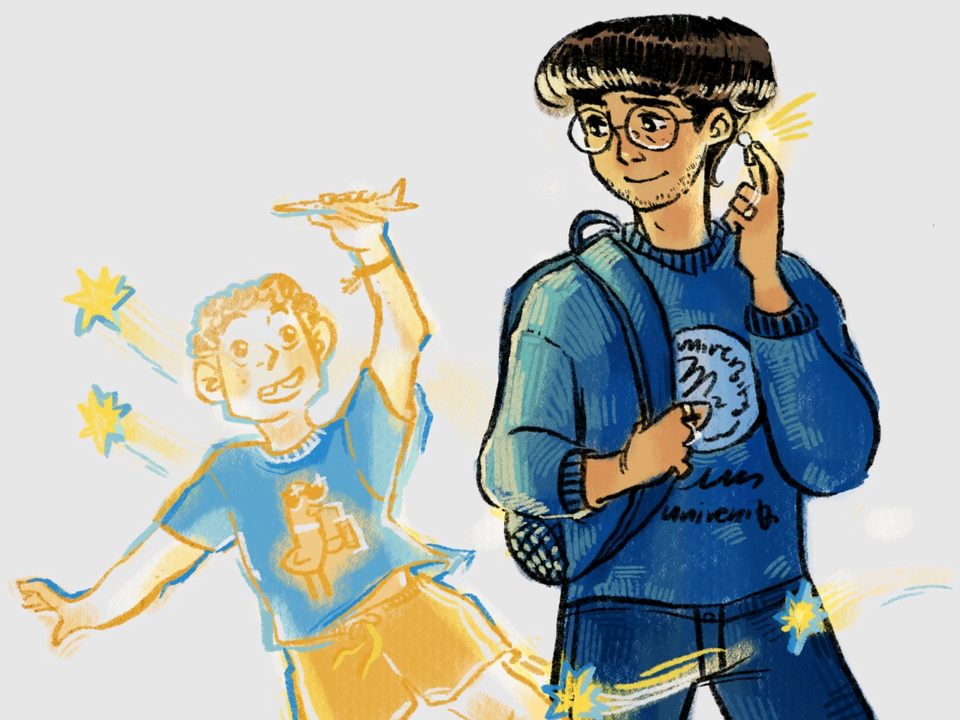The trip to the Art Institute of Chicago in “Ferris Bueller’s Day Off” is magical and moving because of The Dream Academy’s instrumental cover of The Smith’s “Please Please Please Let Me Get What I Want.”

As the credits of “Good Will Hunting” start to roll and Will begins his long drive to “go see about a girl,” the audience is left with the hauntingly beautiful melody of Elliott Smith’s “Miss Misery.”
And what would the opening scenes of “Almost Famous” be without the immortal lyrics of Simon & Garfunkel’s “America”?
A good soundtrack can elevate a mediocre movie into something better and bring an already great movie into the realm of a masterpiece. Listen up for five films that feature soundtracks worthy of enjoyment after the credits roll.
“Mean Streets,” directed by Martin Scorsese
The opening sequence of the kinetic and rough-around-the-edges “Mean Streets” is underscored by “Be My Baby,” from the iconic ‘60s girl group, The Ronettes. The song’s pounding drum machine and wall-of-sound style start the film off with a bang.
Although it may seem ironic for a gritty 1973 crime flick to be populated with sweet songs about falling in love, it helps that Scorsese knows how to use needle drops for comedic — as well as dramatic — effect. A pool hall brawl is backed up by “Please Mr. Postman” by The Marvelettes, leaving the scene with a tone that’s more absurd than aggressive.
“Mean Streets” also marks the beginnings of Scorsese’s creative arc with the music of The Rolling Stones. When Robert De Niro’s wild, unpredictable Johnny Boy makes his first entrance on screen — plunging his way into a dingy New York City bar lit blood red — he’s accompanied by the electrifying “Jumpin’ Jack Flash.” As the scene continues, it starts to seem pretty likely that Johnny Boy himself really was “born in a crossfire hurricane.”
“Dazed and Confused,” directed by Richard Linklater (1993)
Few films are inherently intertwined with their soundtracks than Richard Linklater’s meandering 1993 day-in-the-life “Dazed and Confused.” The film is set on the last day of school in a small Texas town in 1976, and Linklater made sure to retain strict period accuracy with the song choices by refusing to include any tracks that had not been released by the date of the film’s setting.
Each song choice manages to make a seemingly insignificant moment feel grand and cinematic. A group of friends entering the Emporium, a high school hangout spot, is made impossibly cool with a touch of slow-motion and Bob Dylan’s eight-minute epic, “Hurricane.” As the party ends and the sun begins to rise on the morning of the first day of summer, the wistful “Tuesday’s Gone” by Lynyrd Skynyrd symbolizes the moment of transition in the characters’ lives.
The rest of the soundtrack features staples of the era, from KISS and Black Sabbath to Peter Frampton and Alice Cooper, as well as nods to its Southern setting, with selections from Ted Nugent and ZZ Top.
“Trainspotting,” directed by Danny Boyle
“Trainspotting” is a serious film about the harmful effects of heroin addiction on one’s personal relationships and physical health. It also has an absolutely incredible soundtrack.
The 1996 movie’s iconic “Choose Life” speech wouldn’t be the same without Iggy Pop’s deceptively energetic “Lust for Life.” And when Ewan McGregor’s protagonist, Renton, experiences an overdose at the midpoint of the film, Lou Reed’s signature disaffected, deadpan tone on the song “Perfect Day” provides a memorable accompaniment.
Along with these ‘70s classics, “Trainspotting” also features era-defining selections, such as “Mile End” from Brit-pop legend, Pulp and the undeniable techno hit “Born Slippy (Nuxx)” by Underworld, which closes out the final scene.
“Rushmore” directed by Wes Anderson
“I wish that I knew what I know now / when I was younger / I wish that I knew what I know now / when I was stronger.” The enduring words of Faces’ folk-rock classic “Ooh La La” perfectly capture the youthful confidence of Jason Schwartzman’s Max Fischer and the aged cynicism of Bill Murray’s Herman Blume in “Rushmore.”
While Wes Anderson has made his mark on the film industry as the king of all things twee, symmetrical and color-coordinated, his gifts as a music curator may now be underrated.
Anderson fills his 1998 sophomore feature with more well-known selections like John Lennon’s “Oh Yoko!” and Cat Stevens’ sweetly sentimental “The Wind,” as well as lesser-known British invasion gems like “Making Time” by The Creation and “Concrete and Clay” by Unit 4 + 2. Ever the Europhile, Anderson can’t help but include the playful French track “Rue St.-Vincent” by Yves Montand as well.
“High Fidelity,” directed by Stephen Frears
It’s only right to include a movie about both music and list-making on this list about music in movies. “High Fidelity” follows Rob, a somewhat obnoxious record store employee played by John Cusack. While his music snobbery is sometimes hard to swallow, Rob’s taste is undeniably impeccable.
The 2000 film is framed with a list of Rob’s top five breakups and is interspersed with a variety of niche top five song lists for every occasion and emotion. This framing device creates a film with a diverse and varied soundtrack, featuring everything from The Velvet Underground’s “Oh! Sweet Nuthin’” and Stereolab’s “Lo Boob Oscillator” to “You’re Gonna Miss Me” by The 13th Floor Elevators and “Shipbuilding” by Elvis Costello & The Attractions.
It doesn’t hurt that “High Fidelity” closes with one of the most romantic songs ever written: “I Believe (When I Fall in Love It Will Be Forever)” by Stevie Wonder, from his 1972 album “Talking Book.”
































































































































